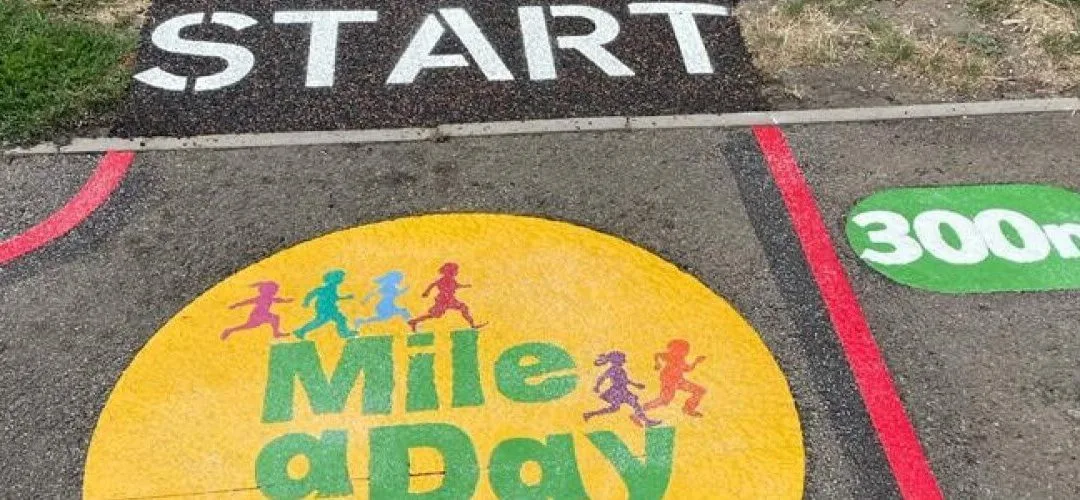The Daily Mile is an initiative that is designed to get children moving. The aim is to improve physical, social and emotional health – and to get children outside and away from their screens for a period of time every day. It involves children running, jogging or wheeling at their own pace for a mile (which usually takes around 15 minutes). It’s a great way to help children start to take some responsibility for their own health – but what kind of impact does it have on childhood obesity?
And the science says..
A recent study by the University of Birmingham looked at both the effectiveness, and the cost effectiveness, of the Daily Mile and how this can impact childhood obesity. The study was funded by Birmingham City Council and looked at the impact of the Daily Mile at schools across Birmingham. It’s important to note that there was a lot of quality of life data missing from the experiment but in general the results showed that the Daily Mile has a particularly positive impact for girls when it comes to childhood obesity. The Daily Mile had a modest impact on BMI in girls with consistent findings for body fat. It was also found to be highly cost effective for girls. The study also found that fitness, wellbeing and quality of life increased slightly for those children who were doing the Daily Mile.
How can the study be interpreted?
There are some obvious benefits to doing the Daily Mile, especially for girls, when it comes to lifestyle and childhood obesity. In fact, there is no reason not to do it given that benefits could be the result of just 15 minutes of activity per day. However, the study also found that in the case of childhood obesity the Daily Mile needs to be part of a broader programme to address the problem. It’s also clear that the benefits of the Daily Mile are more obvious – in this study at least – for girls than they are for boys. It’s interesting to note that the factors that were measured in the study included BMI, fitness, body fat percentage, quality of life, wellbeing and attainment – in pupils in school years 3 and 5.
So, does the Daily Mile actually make a difference?
The study found this to be affirmative, albeit mild. However, it’s also worth remembering all the outcomes that the study wasn’t measuring, from being out in the fresh air to the social impact of running with friends and other people. It’s also a very useful activity because it doesn’t require any equipment, takes no time to set up and doesn’t need staff to undergo any training. Children don’t need to change into PE kit so it doesn’t take a big chunk of time out of the day. Plus, it’s non-competitive and a great way to boost confidence and self-esteem.
The Daily Mile has a positive impact on childhood obesity – and many other parts of the experience of being young too.

